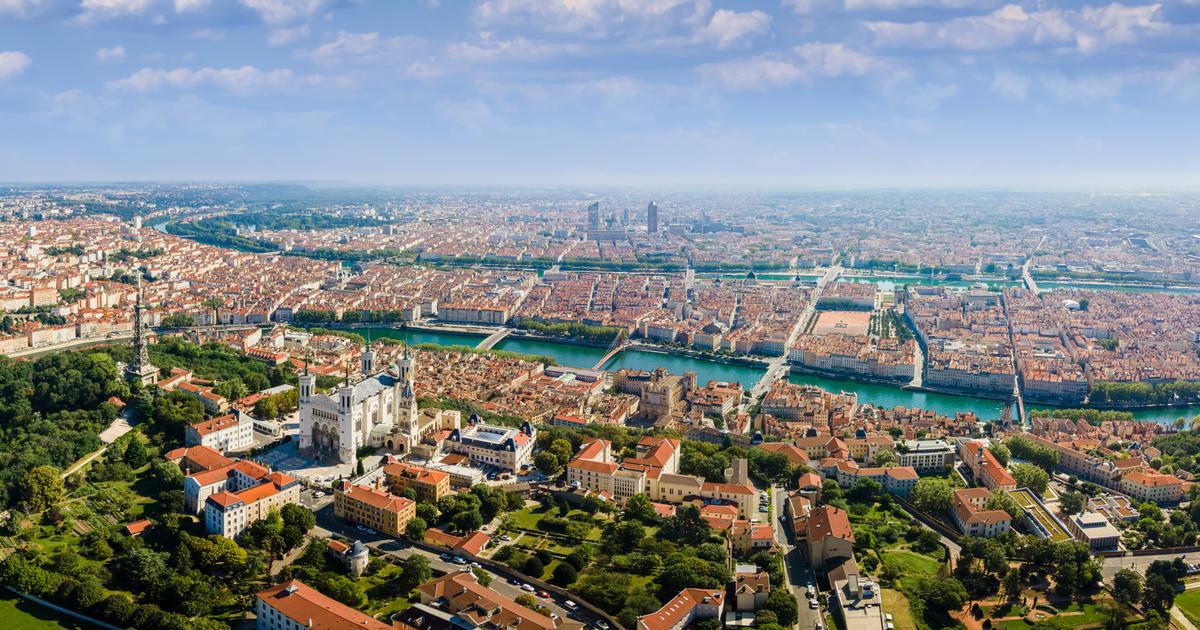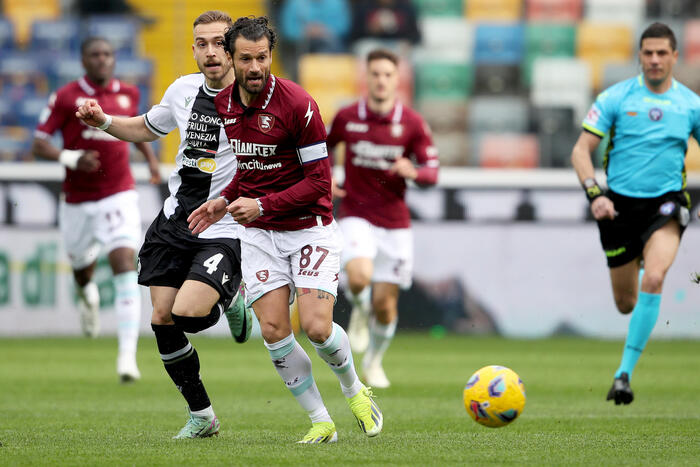Cologne is becoming a critical zone for craftsmen - and thus a problem for all of us
Created: 03/10/2022 05:04
By: Peter Pauls
The new urban traffic policy causes big problems for Marc Schmitz (IDZRW-Montage).
© Peter Pauls
The craft criticizes the transport policy of the city of Cologne.
The union calls them "small-scale measures to serve client interests".
Cologne –
Marc Schmitz is a craftsman in Cologne.
When you talk to him, they say he's a modern-thinking person.
"Craftsmen can think outside the box," he says.
Or: "We are not from the last century." For the foreman of the guild "Sanitary Heating Air Conditioning" environmental protection is an obligation.
He emphasizes all of this because he is often accused of the opposite, as the Cologne journalist Peter Pauls did in a guest article for 24RHEIN.
Why?
The new urban traffic policy causes Marc Schmitz big problems.
They are typical for craftsmen, but also for nursing, pharmacy or medical services: the Cologne city area is becoming a critical zone for them, and the trend is rising.
There are no parking spaces, there are temporary access restrictions, closures, wrong bollards, car-free zones like in Deutz, complicated one-way street regulations, traffic axes cut through.
Cologne: Works in the urban area for craftsmen only with meticulous preliminary planning
For the 53-year-old, assignments in urban areas mean meticulous pre-planning.
Especially when the large workshop trolleys are used and have to be parked.
There are no suitable service parking spaces for them.
"Machines and equipment alone weigh at least 400 kilograms," says Schmitz.
"And then there's the goods."
The wagons must therefore have volume.
When he tries to explain his problems to politicians, as above, platitudes such as "think outside the box", "be a little modern" or "learn to think in new ways" come up.
He is looking for solutions, explains the entrepreneur, but is not willing to talk.
Problems would be downplayed in politics.
At the end of the 1990s, Schmitz became self-employed with the aim of offering ecological building technology.
A pioneer.
Success proved him right.
Today he has around 60 employees.
For simple and close work, he relies - keyword micromobility - on cargo bikes and electric drives.
And he is also open to modern transport policy.
But in it, people like him and their needs first have to be perceived, especially since they serve the general public.
Broken pipes and heating failure send their regards.
Political actors in Cologne backward
Marc Schmitz reminds me of Engelbert Schlechtrimen, the baker and confectioner from Cologne-Kalk.
Both deal carefully with resources, rely on ecological management and green values.
But because of their criticism, they are under pressure to justify themselves, as if they were rejecting modernity.
But they are not backwards.
The political actors who draw their image from the craft of the last century are rather backward.
Marc Schmitz doesn't think about quitting.
But the overlapping crises such as Corona or the Ukraine war and its consequences have robbed Engelbert Schlechtrimen of the strength to continue his business.
The camel’s back was the planned rededication of Kalker Hauptstrasse as a one-way street.
Ignorance of the city of Cologne - Greens dominate transport policy
Hans-Peter Wollseifer, President of the Chamber of Crafts in Cologne and at the same time President of the German Central Association of Crafts, speaks of the ignorance of the city of Cologne.
You are not heard in time or at all.
I wonder whether blinders are part of the basic equipment of Cologne's transport policy.
Sure, the Greens became the strongest party in the 2020 local elections with 28.5 percent of the vote.
But they are too weak to rule alone.
Nevertheless, they dominate transport policy.
also read
Bird of prey snatches kittens - what happens next is 'almost miraculous'
"Lost Place": Men explore abandoned residence in the forest - but they were not alone
►
24RHEIN guest author Peter Pauls
is chairman of the Cologne Press Club.
Before that, he was editor-in-chief of the daily newspaper Kölner Stadt-Anzeiger for many years.
This article is from the Cologne Press Club newsletter, which you can subscribe to here.
"Small-scale measures to serve client interests"
In addition to the craft, the criticism comes from such a broad field that it cannot simply be ignored.
The German Trade Union Confederation Cologne Bonn (DGB), for example, speaks of "small-scale measures to serve the interests of clientele", the Cologne Chamber of Industry and Commerce demands respect for mobility decisions.
Business people and local residents sometimes feel literally run over.
In Rodenkirchen alone, a citizens' initiative gathered 1,400 signatories within a few days against the one-way street regulation planned there.
"Something is being imposed here without considering local conditions," criticizes Hans-Günter Grawe, managing director of the umbrella organization of Cologne interest groups.
"Every neighborhood in this city is different."
Grawe chooses his words carefully.
He avoids spikes.
Goals have to be worked out together and people have to be taken along, he says.
Who would disagree?
Quality of stay in the districts is just as important as their accessibility.
Finding intersections, organizing a reconciliation of interests: Aren't these basic requirements for a reasonable coexistence anyway?
Shouldn't politics advertise instead of executing?
The "Ring frei" initiative has shown how cyclists, pedestrians and drivers can work together on separate lanes and how everyone can contribute their perspective, says Grawe.
So it worked once before to take everyone on board.
What is actually so difficult about that, dear transport politicians?
(pp/IDZRW)







/cloudfront-eu-central-1.images.arcpublishing.com/prisa/5WV46BCDGZEX7ICQ3DHPMIKJLM.jpg)
/cloudfront-eu-central-1.images.arcpublishing.com/prisa/DAXPXX7XEC2R2VNNOX5XEX4T2U.jpg)